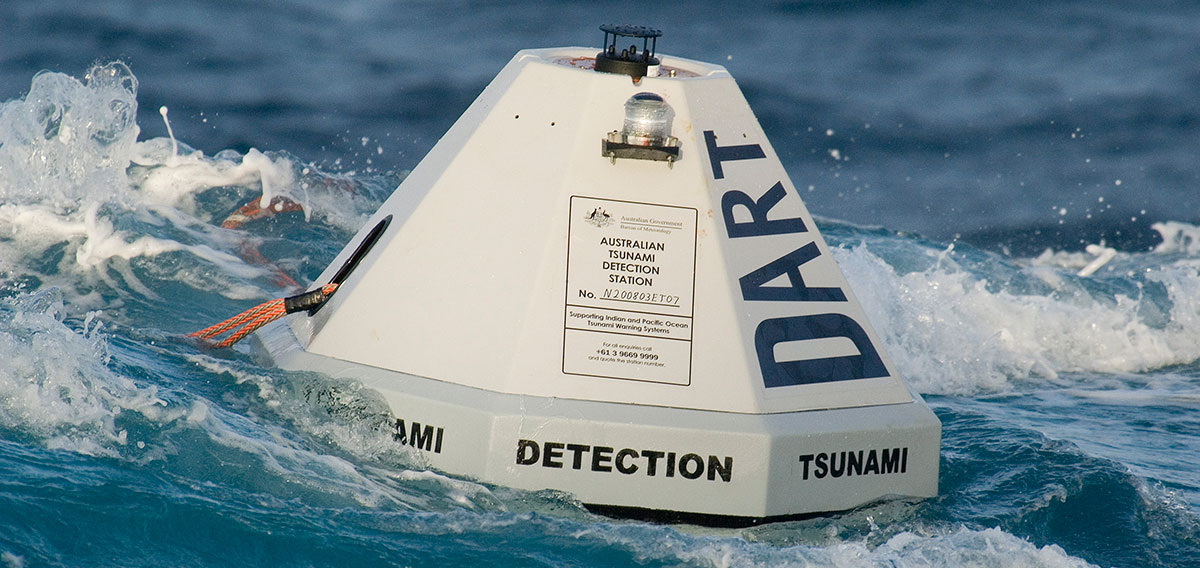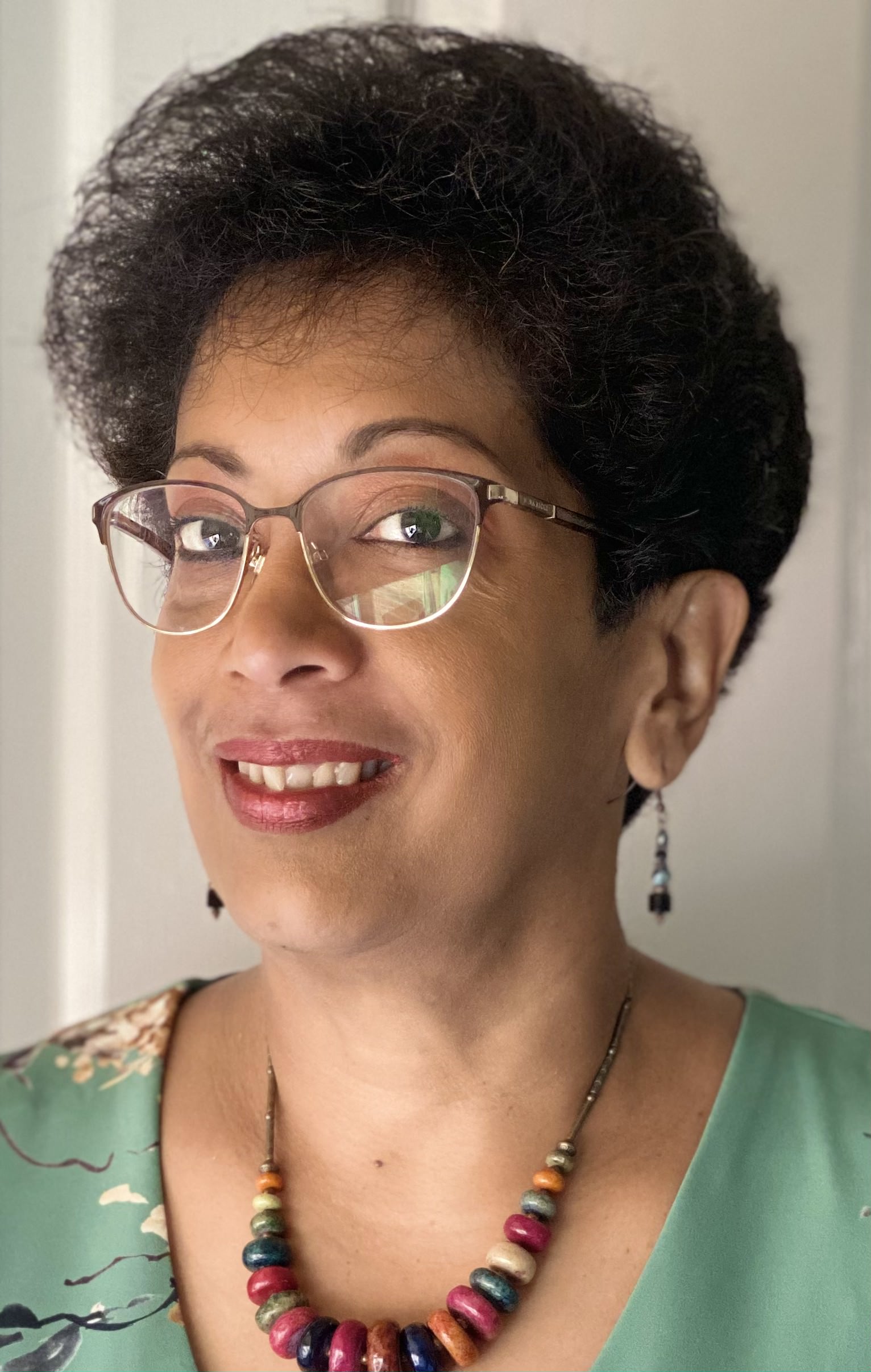Professor Dilanthi Amaratunga’s international reputation in Disaster Risk Reduction has led to a number of major appointments over recent months
A leading expert in disaster resilience at the University of Huddersfield has been appointed to several key roles working with leading global organisations in the field of disaster risk reduction.
Professor Dilanthi Amaratunga
DISASTER AND RISK MANAGEMENT
Professor Dilanthi Amaratunga is co-director of the University of Huddersfield’s Global Disaster Resilience Centre and her growing international reputation has led to a number of major appointments over recent months. The need for research in Disaster Risk Reduction has never been greater due to rising populations and more extensive and interconnected built environments. This, in turn, has led to an increase in the world’s exposure to major natural disasters.
Professor Dilanthi Amaratunga has an international reputation in disaster resilience and her wide-ranging academic career has taken in disciplines including disasters, built environment and facilities management.
Professor Amaratunga has been appointed as one of sixteen members of the prestigious European Science and Technology Advisory Group (E-STAG) for European Commission’s Joint Research Centre and the United Nations Office for Disaster Risk Reduction (UNISDR).
Her role will aid the E-STAG’s goal in providing scientific and technical support to the 56 European and Central Asian countries for the implementation of the Sendai Framework for Disaster Risk Reduction.
For a five-year period starting in 2018, Professor Amaratunga will also be on the advisory board for the Federation of Sri Lankan Local Government Authorities to ensure the local council receives the strategic direction and guidance needed.
The Federation is the umbrella organisation for the 346 local government associations in Sri Lanka and Professor Amaratunga will be one of the advisors ensuring a co-ordinated and unified approach to disaster resilience is achieved.
Disaster Risk Reduction
At present, the recognition of Disaster Risk Reduction (DRR) in Sri Lanka and South Asia, as a core competency of professional disciplines, is yet to be achieved. In an effort to resolve this, the South Asian Association for Regional Cooperation has brought together a multi-disciplinary team of professionals to form the Association of Disaster Risk Management Professionals (ADRiMP).
Professor Amaratunga has been appointed as a member of their Advisory Committee and is their only overseas-based expert.
The ADRiMP will work towards nurturing a culture of safety in Sri Lanka from the impact of disasters and climate change and will provide policy advice and facilitate capacity building services including strategic learning, research, training, system development, expertise promotion and exchange of information for effective disaster risk reduction.
Tsunami and Ocean monitoring
 A tsunami detection buoy monitoring seismic disturbance in the ocean
A tsunami detection buoy monitoring seismic disturbance in the ocean
In addition to these new appointments, Professor Amaratunga will be continuing her work as an expert member of the task team for the Indian Ocean Tsunami Warning and Mitigation System with the Intergovernmental Coordination Group (ICG) of the United Nations Educational, Scientific and Cultural Organisation (UNESCO). The research will lead to the team guiding a pilot implementation of a Tsunami Ready programme in the Indian Ocean.
She has also been invited by the Indian Government’s Ministry of Earth Sciences to be a part of the ICG’s Second Integrated Intersessional Meetings to be held at the Indian National Centre for Ocean Information Services in Hyderabad, India. The meetings start later this month.
Later this year, Professor Amaratunga will be speaking at conferences around the world, including the Asian Ministerial Conference on Disaster Risk Reduction 2018 to be held in Mongolia, where she has been selected as a speaker of the Technical Session entitled Strengthening Disaster Risk Governance to manage Disaster Risk.
The conference is jointly hosted by the Government of Mongolia and the United Nations Office for Disaster Risk Reduction (UNISDR) and seeks to accelerate the implementation of the Sendai Framework and the Asia Regional Plan.
